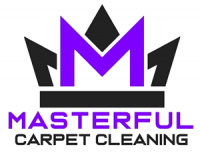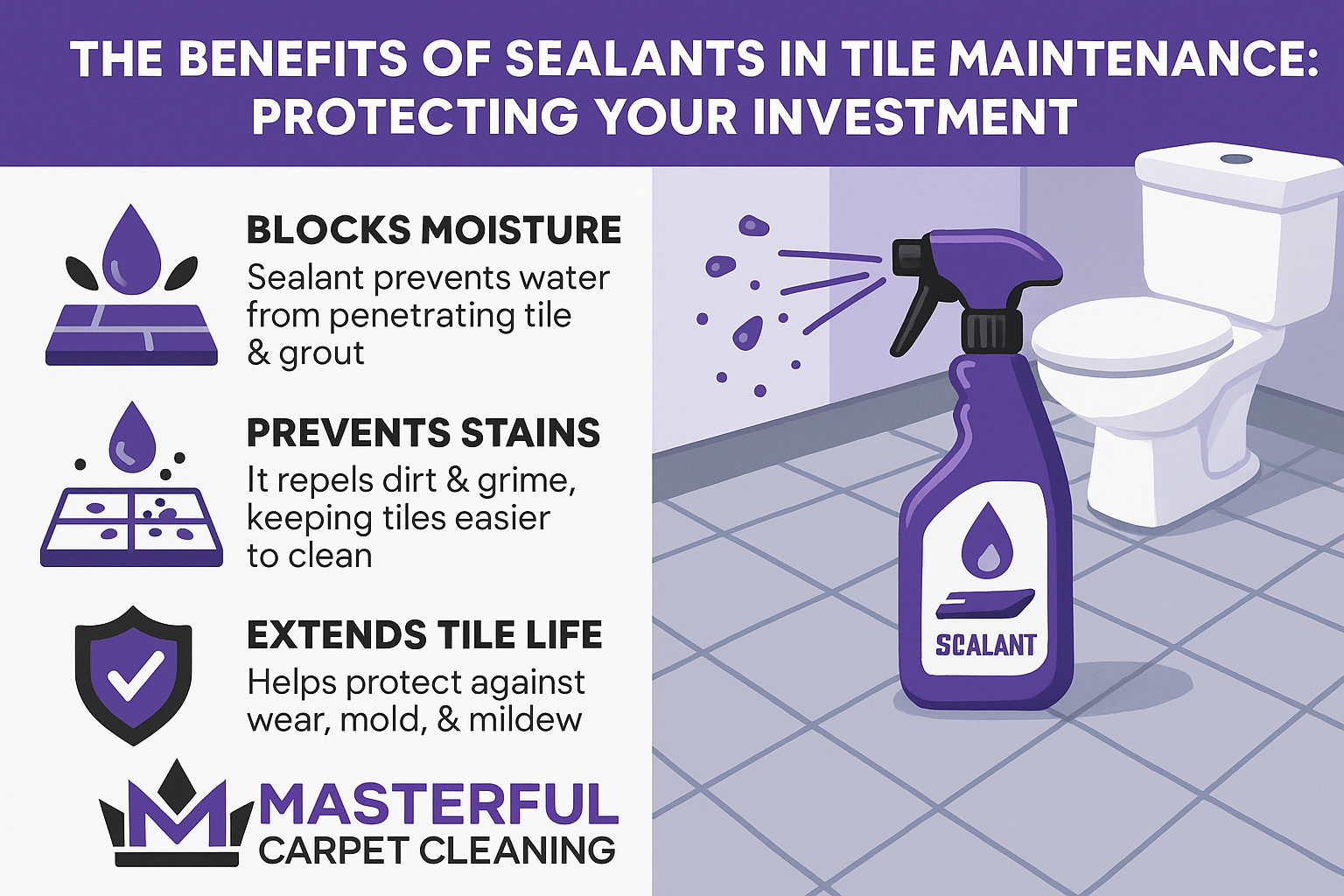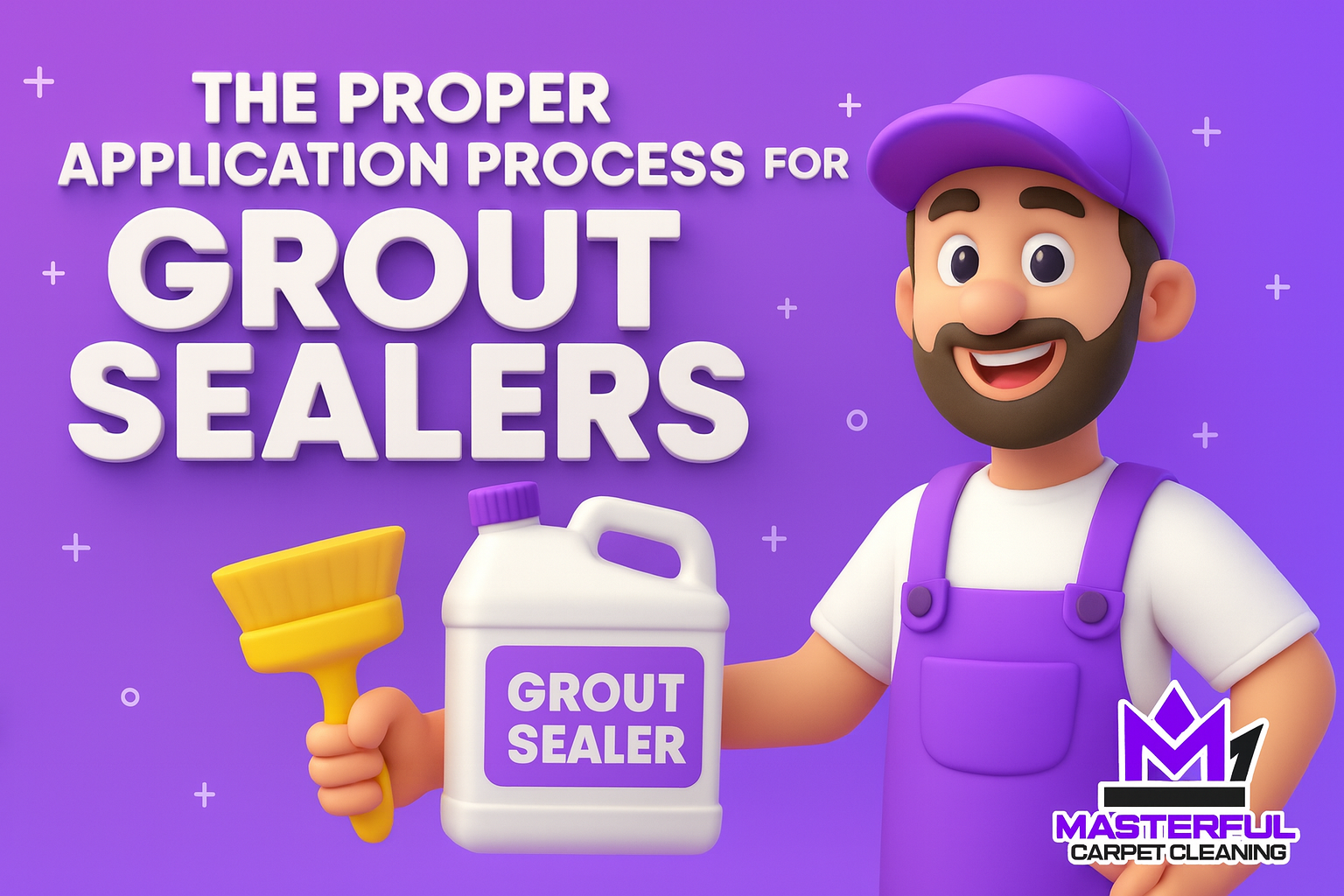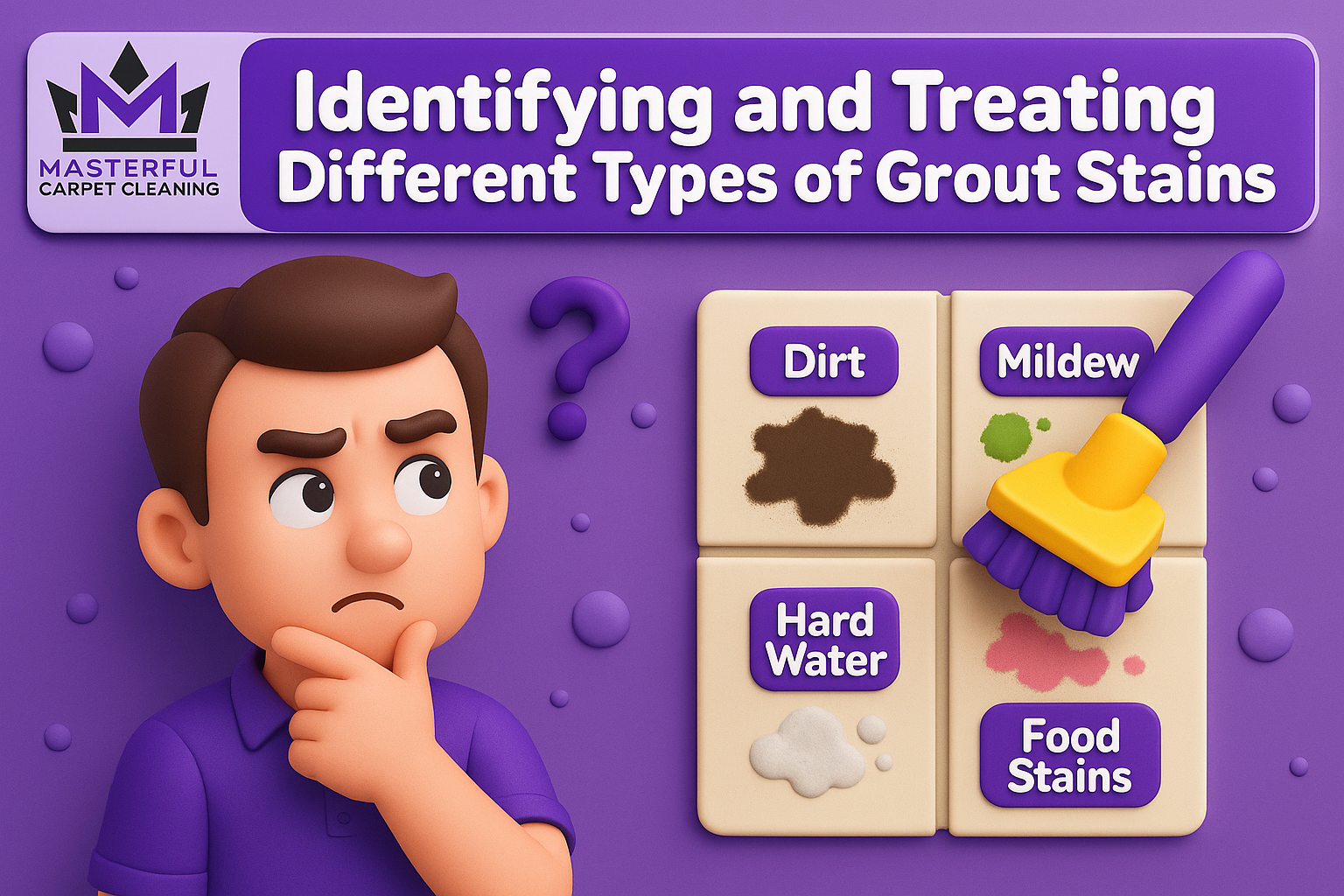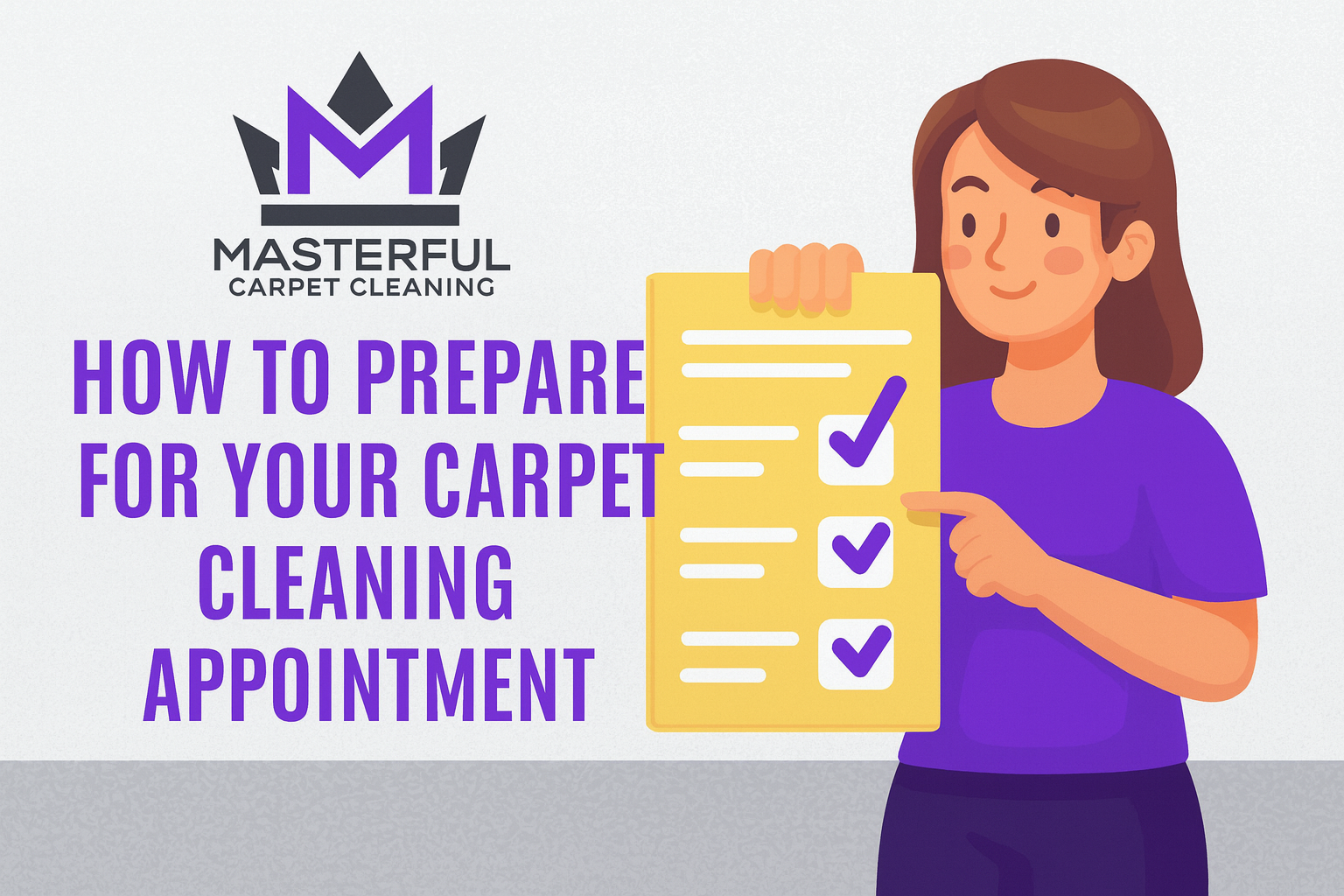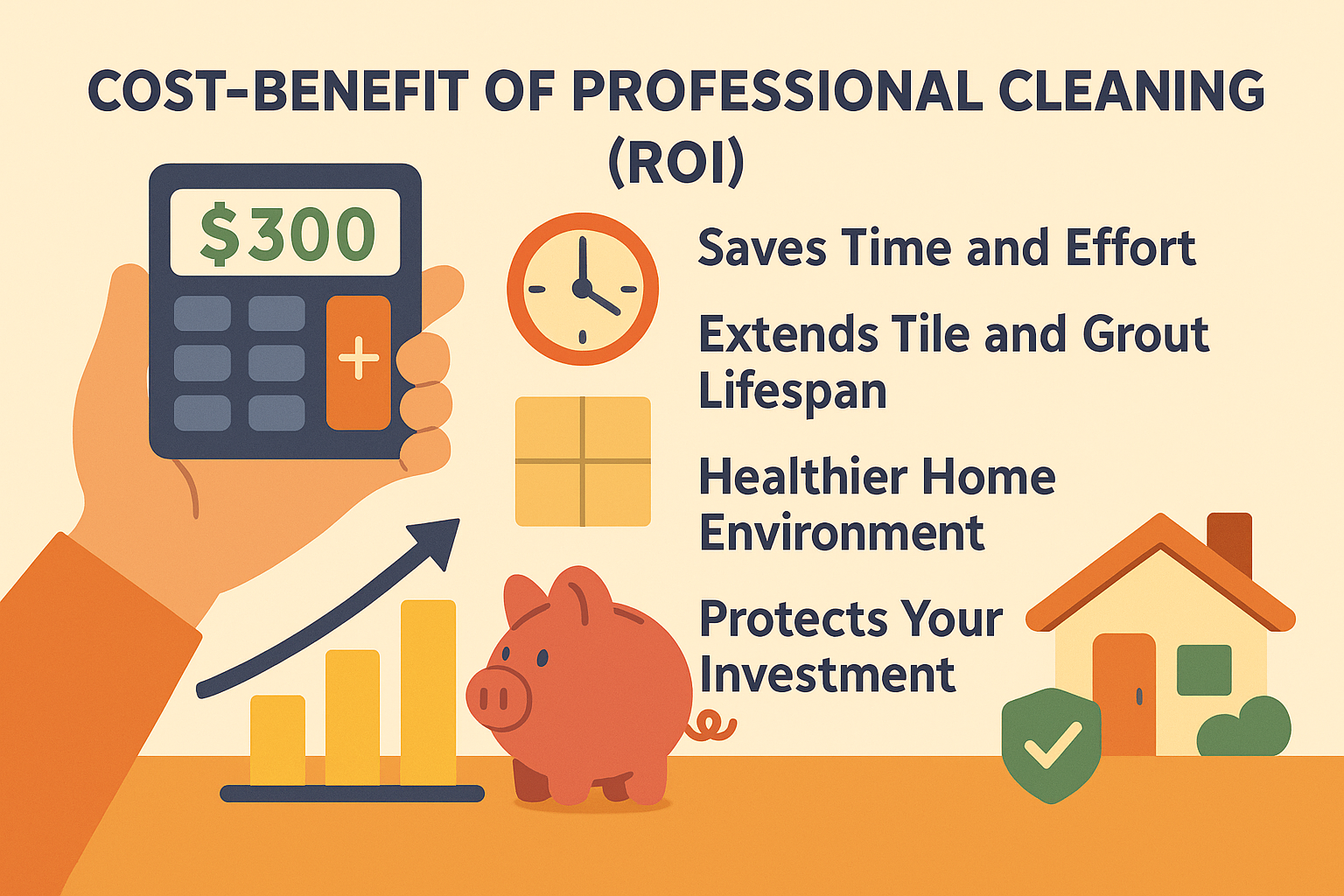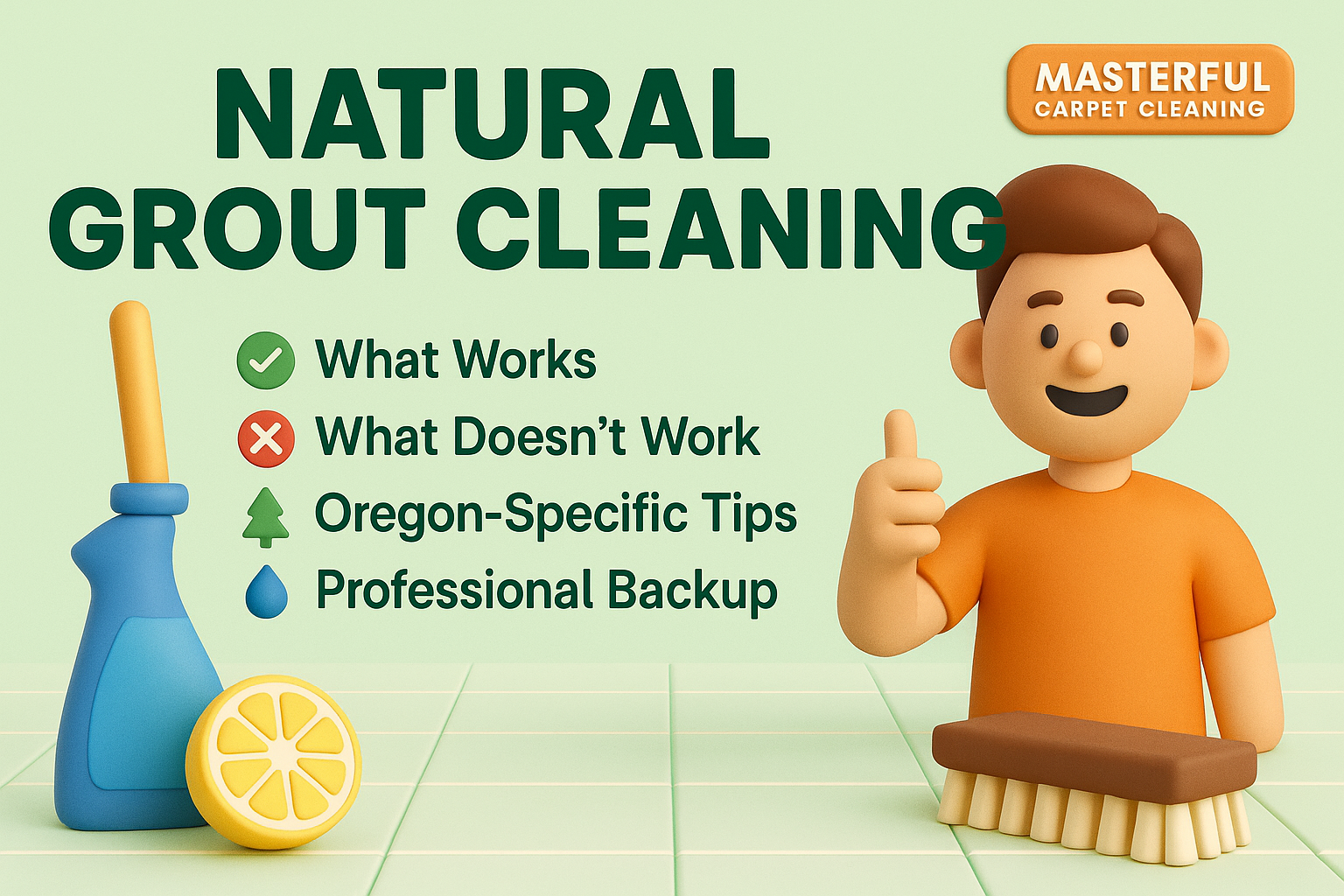Best Cleaning Agents for Effective Floor Sanitization
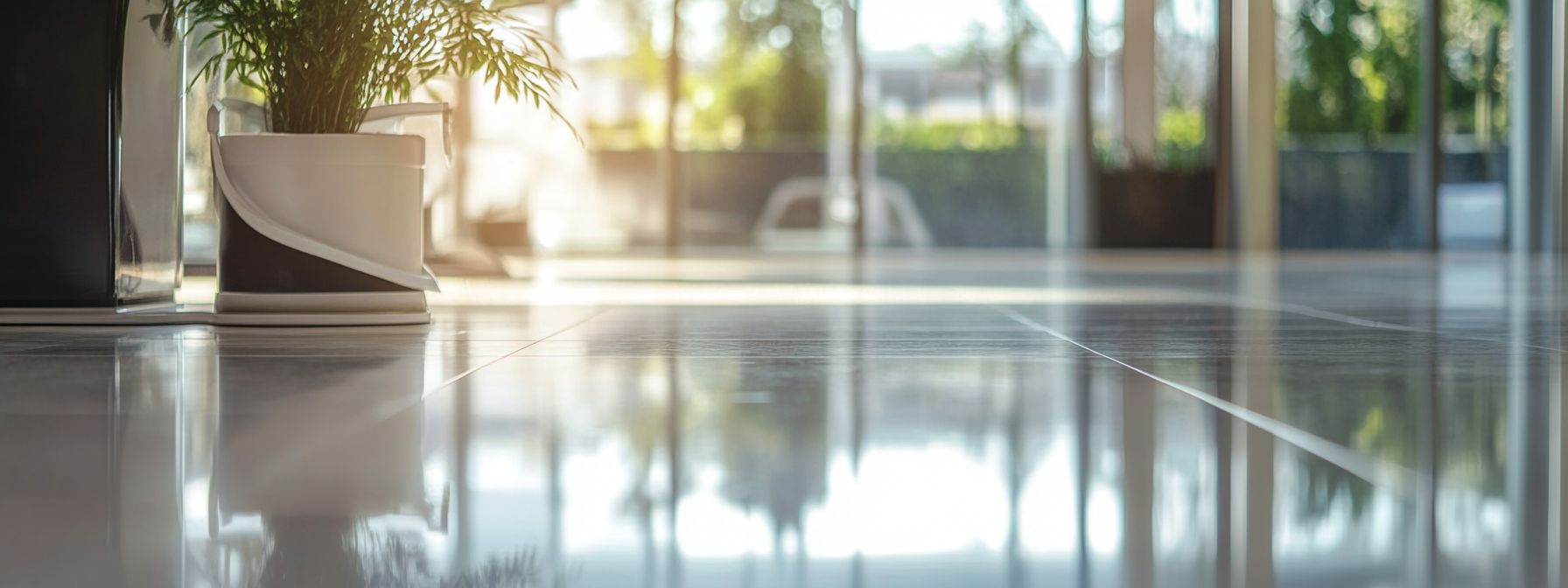
Effective floor sanitization requires using the right cleaning agents to ensure your floors remain clean, safe, and well-maintained.
Different floor types demand specific cleaning products to achieve the best results, prevent damage, and remove bacteria, grime, and allergens. This guide explores the best cleaning agents for various floor surfaces, from carpets to tiles and hardwood floors.
Carpet Cleaning Agents for Deep Sanitization
Carpets are prone to collecting dust, dirt, allergens, and bacteria, especially in high-traffic areas. Choosing the right cleaning solution is important to effectively remove embedded contaminants without damaging carpet fibers.
Enzyme-Based Cleaners for Stain and Odor Removal
For homes with pets, enzyme-based cleaners are ideal for breaking down organic matter like urine, vomit, or feces, effectively neutralizing both stains and odors. These cleaners target the root cause of odors and stains, ensuring thorough sanitation. Pet urine and odor removal services can further enhance this process by using specialized equipment that penetrates deep into carpet fibers.
Steam Cleaning Solutions
Steam cleaning solutions are highly effective at killing germs and bacteria, providing a deep clean that removes allergens and dirt from deep within the carpet. Professional steam cleaning is especially effective in homes with children or allergy sufferers. Professional carpet cleaning services use high-powered steam extraction systems to ensure carpets are deeply cleaned and sanitized.
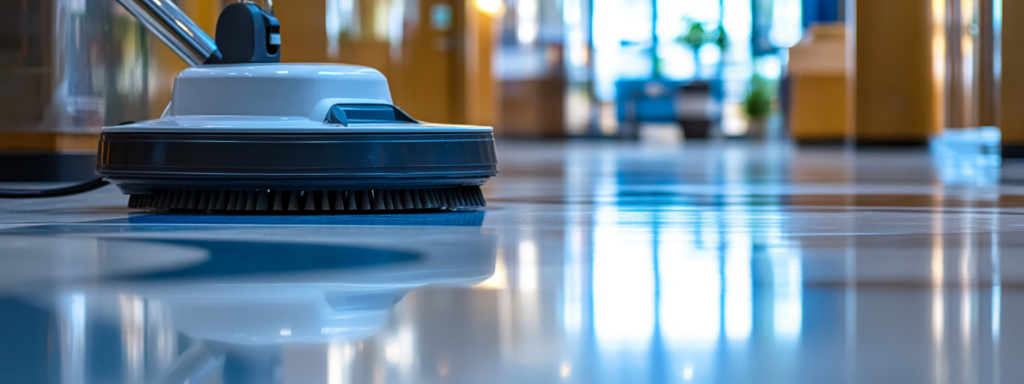
Tile and Grout Cleaning Solutions
Tile floors are durable but can accumulate grime, bacteria, and mold, especially in the grout lines. Choosing the right cleaning agents ensures that your tiles maintain their shine and cleanliness.
Alkaline Cleaners for Grout
Alkaline-based cleaners are excellent for breaking down grease and dirt, especially in grout lines. They are safe to use on most tiles and are highly effective at restoring the original appearance of both the tile and grout. Regular use of these products, combined with professional tile and grout cleaning services, can help prevent long-term damage.
Acidic Solutions for Deep Grout Cleaning
For tougher grout stains caused by mold or mildew, acidic cleaners are highly effective. These cleaners work best in bathrooms and kitchens where moisture is prevalent. Acidic cleaners should be used with caution as they can etch certain tile surfaces if overused. When in doubt, professional cleaners can apply these solutions safely to ensure optimal results.
Hardwood Floor Cleaners for Lasting Shine
Hardwood floors are known for their elegance and durability, but they require special care to maintain their appearance and prevent long-term damage.
pH-Neutral Cleaners for Safe Everyday Cleaning
To maintain hardwood floors, it’s important to use pH-neutral cleaning solutions that won’t strip the wood of its natural oils or damage the finish. These cleaners gently remove dirt and grime while preserving the wood’s natural beauty. For deeper cleaning, hardwood floor care services offer professional solutions to keep your floors looking their best.
Wax and Oil-Based Solutions for Refinishing
For older or heavily used hardwood floors, wax or oil-based cleaning agents can help restore their shine and provide an extra layer of protection. These products are best used periodically, following deep cleaning or refinishing, to maintain the wood’s luster.
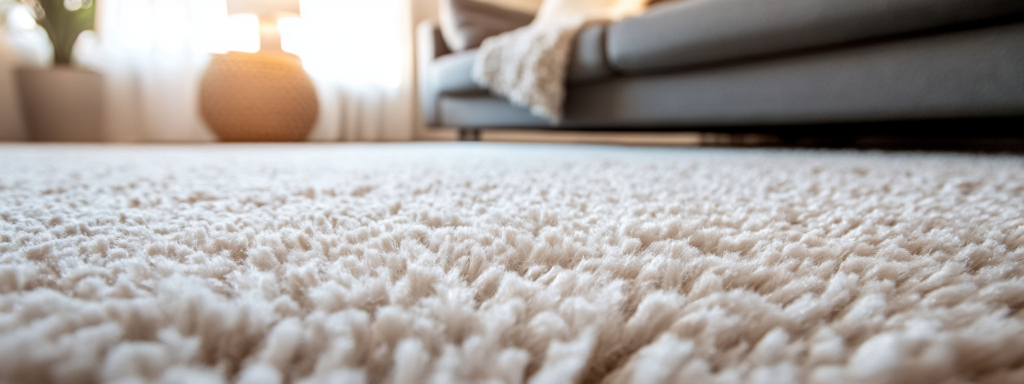
Rugs and Upholstery Sanitization
In addition to floor cleaning, rugs and upholstery also require regular cleaning agents to stay fresh and sanitized. Proper care for these items can improve air quality and extend their lifespan.
Foam Cleaners for Upholstery
Foam cleaners are gentle and effective for most types of upholstery. They penetrate fabrics to remove dirt, stains, and odors without saturating the material. Upholstery cleaning services can offer deeper cleaning for tough stains.
Specialty Cleaners for Delicate Rugs
Rugs, especially those made of delicate or natural fibers, require specialty cleaners that can remove dirt and stains without damaging the material. For more intricate cleaning needs, consider professional rug cleaning services to ensure your rugs are sanitized and preserved properly.
Choosing the Best Cleaning Agents
Selecting the right cleaning agents for your floor type is key to maintaining cleanliness, hygiene, and longevity. Whether you’re dealing with carpets, tiles, hardwood floors, or upholstery, understanding the needs of each surface will help you choose the most effective products.
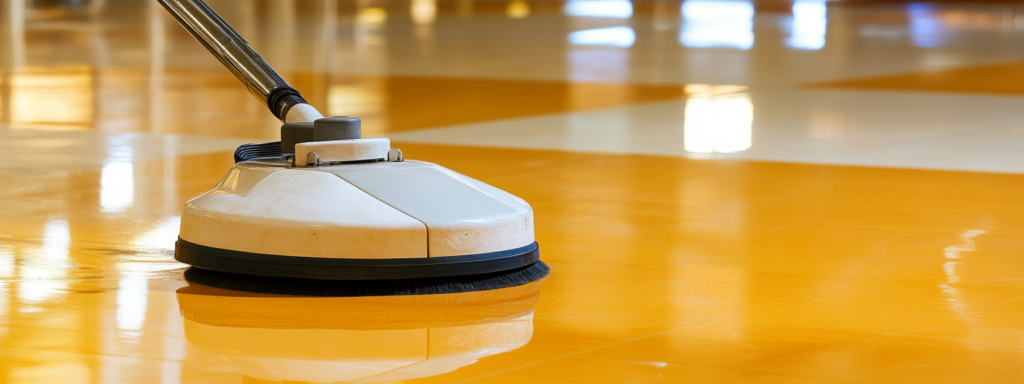
FAQs About Floor Sanitization
Can I use homemade cleaning solutions for floor sanitization?
While some homemade solutions, such as vinegar and water, can be effective for certain types of flooring, they may not be suitable for all surfaces. For example, acidic solutions like vinegar can damage hardwood or natural stone floors. It’s best to use cleaners specifically designed for your floor type or consult professionals for safe, effective cleaning products.
How do I know if my floors need professional cleaning versus regular maintenance?
If your regular cleaning routine no longer restores the original look of your floors, or if you notice deep stains, odors, or visible dirt buildup in grout or carpet fibers, it’s time to consider professional cleaning. Professional services can provide deep cleaning that everyday maintenance cannot achieve.
What’s the difference between disinfecting and sanitizing floors?
Sanitizing floors reduces bacteria to safe levels as judged by public health standards, while disinfecting goes a step further by killing 99.9% of germs and viruses. Depending on your needs, a sanitizing clean may be sufficient, but in homes with pets, children, or someone with allergies, disinfection may be more appropriate.
Are there eco-friendly cleaning agents available for floor sanitization?
Yes, many eco-friendly floor cleaning products are available that use natural ingredients and avoid harsh chemicals. These products are safe for both the environment and your household. Many professional cleaning services also offer green cleaning options upon request.
How often should hardwood floors be sanitized?
Hardwood floors should be cleaned regularly with a pH-neutral cleaner, but sanitizing can be done less frequently, about once every 1-2 months or as needed depending on foot traffic. Professional hardwood floor sanitization is recommended annually to maintain the floor’s finish and durability.
Is it safe to use bleach on tile floors for sanitization?
Bleach can be used on tile floors in well-ventilated areas, but it’s important to dilute it properly to avoid damaging the grout or surrounding surfaces. Bleach should never be used on natural stone or colored grout, as it can cause discoloration or deterioration. Always test a small area before applying bleach widely.
What should I do if my floors are damaged during sanitization?
If floors become damaged during sanitization, stop cleaning immediately to prevent further harm. Contact a professional floor cleaning service to assess the damage and provide the necessary repair or restoration services. Professional cleaners have the tools and expertise to address issues like water damage, staining, or warping.
For a comprehensive clean, Masterful Carpet Cleaning offers a range of services tailored to meet your specific floor care needs, ensuring your floors remain sanitized and in excellent condition for years to come.
Author
-

As the Co-Owner of Masterful, Randy has been providing quality cleaning services to the Salem and Portland areas of Oregon for many years. He has built a reputation for excellence in the industry. His team take prides in using the latest cleaning techniques and technologies to deliver exceptional results every time.
View all posts
